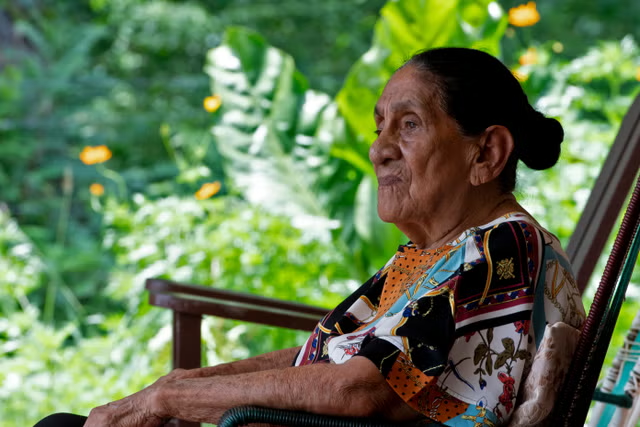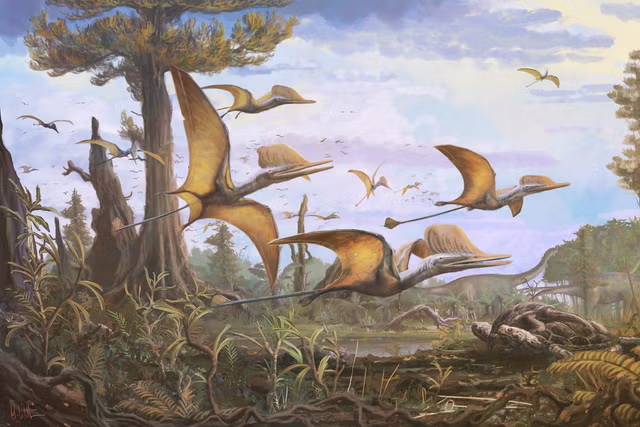The Centers for Disease Control and Prevention (CDC) has confirmed two human cases of H5N1 bird flu in California, marking the state's first human infections amid an ongoing outbreak in dairy herds. Both individuals had occupational exposure to infected dairy cows, according to health officials.
Investigators have found no known connection between the two cases, suggesting separate instances of animal-to-human transmission. The CDC said that the risk to the general public remains low, and these cases were not unexpected given the exposure to infected animals.
With these new confirmations, the total number of human cases in the U.S. for 2024 has risen to 16, bringing the overall count to 17 since 2022.
Cases have been reported across several states, including one in Texas, two in Michigan, ten in Colorado, one in Missouri, and now two in California.
"The current bird flu situation in the U.S. is quite disturbing and odd," Jeremy Rossman, senior lecturer in virology at the University of Kent, U.K., told Newsweek. "I do not think they are doing a good job at containing the outbreak, and put simply, they are not containing the outbreak."
Of the reported cases this year, six were linked to exposure to infected dairy cows, and nine to infected poultry. The source of the Missouri case remains unknown.
So far, livestock outbreaks have affected 14 states, with 256 herds testing positive for the virus. California is among the hardest hit, with 56 livestock herds testing positive.
Newsweek reached out to the CDC for comment via email on Friday.
"H5N1 bird flu was detected for the first time in cows this year in the United States," the CDC said in its statement. "The virus is widespread in wild birds and has caused ongoing outbreaks among poultry in the United States since 2022."
To protect against H5N1 bird flu in dairy cattle, the CDC recommends avoiding contact with wild birds and sick or dead animals and advises against consuming unpasteurized milk or raw cheese. Those working with dairy cows, raw milk, or potentially contaminated surfaces should use personal protective equipment.
Health officials recommend seeking medical attention if symptoms such as eye redness, flu-like symptoms, cough, or muscle aches occur after contact with infected animals.
"CDC continues to collaborate closely with California and other state public health officials to support state-run efforts to control the spread of H5N1 from infected animals to humans," the CDC said.
"California's active monitoring highlights the steps being taken at the state level to lower the risk to farm workers who may be in contact with animals with H5N1. In the coming days, CDC will conduct additional characterization of the viruses, including sequencing, isolating and growing the viruses, if possible."
For Rossman, the measures don't go far enough. "There are some measures in place, and some states and areas have done a much more thorough job; however, the US system was designed for bird flu in poultry farming and did not have the legal framework for extension to other industries (i.e., dairy farming)," he said.
"I don't think they're sufficient, and this is after the virus has robustly spread, though without comprehensive testing and surveillance we do not know how widely."
So far, infections in humans have caused only mild symptoms with minimal transmission.
"It's possible that transmission of this virus from cows to people does not pose a new pandemic risk. However, we just don't know for certain right now, and the risks are considerable with insufficient action being taken to prevent this," Rossman said
Is there a health problem that's worrying you? Let us know via health@newsweek.com. We can ask experts for advice, and your story could be featured in Newsweek.
Disclaimer: The copyright of this article belongs to the original author. Reposting this article is solely for the purpose of information dissemination and does not constitute any investment advice. If there is any infringement, please contact us immediately. We will make corrections or deletions as necessary. Thank you.



